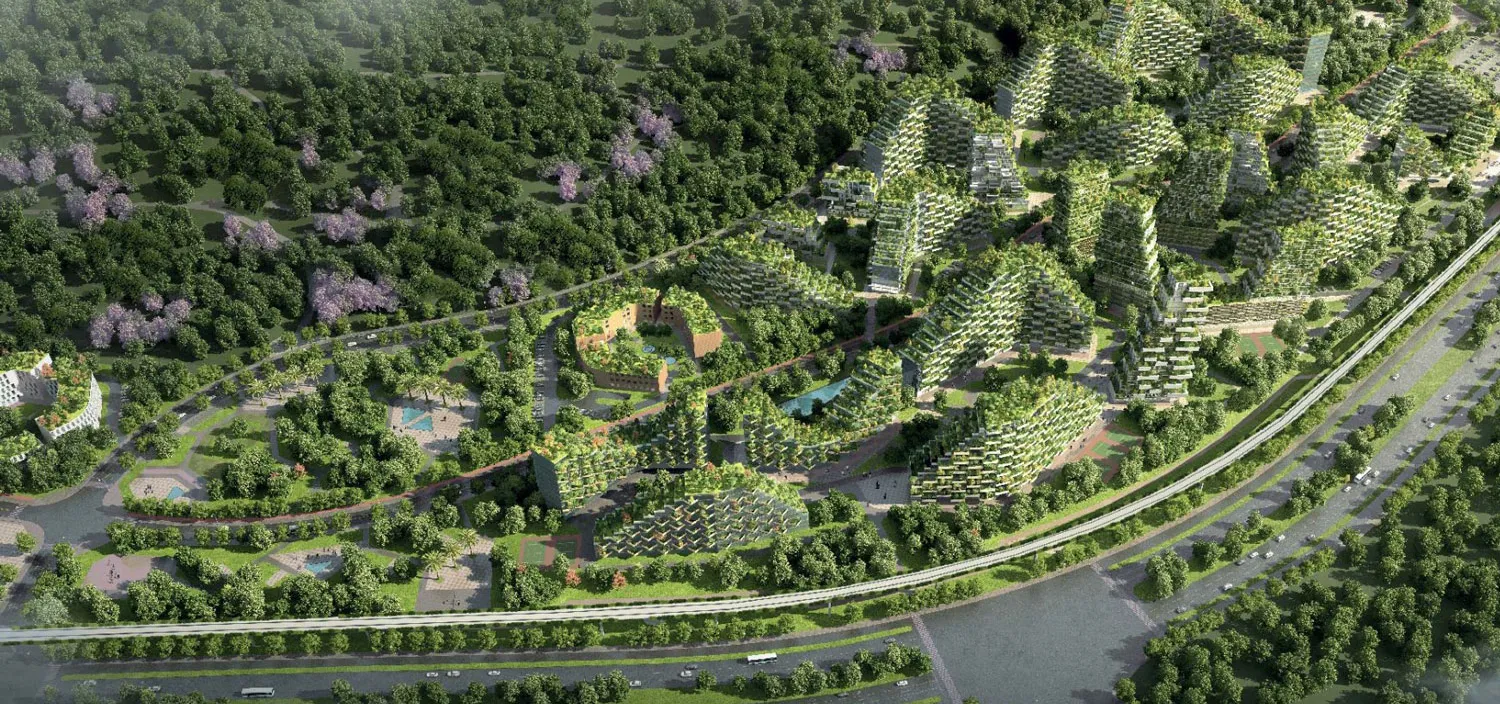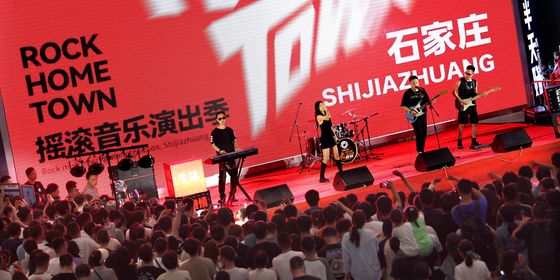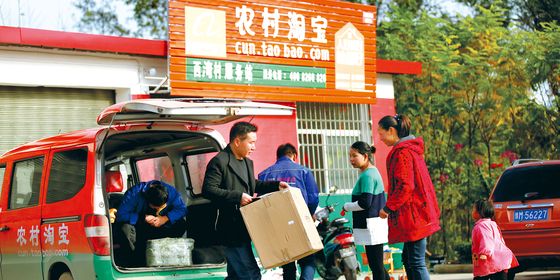Tree city, moon potatoes, floating solar plant, and AI job losses
Greetings one and all! With so much technology news coming out of China each week, TWOC is putting the most eye-catching stories together in a brief roundup for you to skim at your leisure.
Moon potatoes
Next year, China’s Chang-e lander will be dispatched to the moon, hopefully carrying a small ecosystem put together by researchers from Chongqing University. Inside the 18 by 16 cm cylinder there will be potato seeds and insect larvae. The researchers hope to figure out whether potatoes could be grown under the gravity conditions of the moon, if they have the right soil. The insects are there to also see if conditions on the moon mess with their development in any way (they will of course have a certain level of protection from the elements in the cylinder). Both the potato seeds and insect larvae are essentially being sent in an attempt to test the viability of moon colonies long term.
Anti-smog Tree City
The city of Liuzhou, in Guangxi Autonomous Region, has reportedly broken ground on a project to build a community of around 30,000 people that will connect with a nearby city via high-speed rail. Satellite communities around cities are a common fixture in China, but what sets this one apart is the goal of having it covered in 40,000 trees and about a million plants—not just in green areas, but on and around the buildings themselves. The idea behind the “forest city,” designed by an Italian architect, is to have it absorb 10,000 tons of carbon dioxide annually, along with approximately 57 tons of pollutants. The project would most likely be unthinkable in China’s arid north, but in China’s wet southern areas like Guangxi, the builders and gardeners will no doubt be aided to an extent by the lush climate.
Floating solar plant
There’s a powerful metaphor for climate change in there somewhere: an inland coal-producing region that was flooded now hosts the world’s largest solar farm.
Huainan, (which is also possibly the home of tofu, as TWOC has reported) in Anhui Province, has recently finished constructing the project, which can generate 40 megawatts of electricity (enough to power 15,000 homes). Although it was connected to the power grid in May, the company responsible, Sungrow Power Supply, stresses that it’s basically a prototype that they created to demonstrate that it can be done.
It’s worth noting though that this is just the world’s largest floating solar farm. The world’s largest solar farm is also in China, in Qinghai province. The Longyangxia Solar Park can reportedly power 200,000 homes, and is built over the water of a dam (but presumably is not floating).
Automated Alarm System
The rise of the killer robots has long been a staple of science fiction and in recent years we even had the likes of Stephen Hawking and Elon Musk warn us of malevolent robots that are too smart for our own good. Tech titans in China, however, focus on a different brand of alarmism when it comes to the future of AI and automation: job losses.
Alibaba CEO Jack Ma recently spoke at an event in Detroit where he warned of the potential for automation and AI to cause mass job losses in both China and the US. This, he said, could in turn heighten tensions between the two countries. Essentially he wondered out loud whether the unemployed populations of each country might turn on the other as a scapegoat. These kinds of concerns were broadly echoed by renowned venture capitalist Kai Fu Lee in an op-ed in the New York Times which warned of the potential social impacts of job losses on a large scale.
Cover image from Stefano Boeri Architetti













